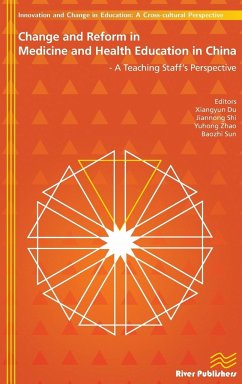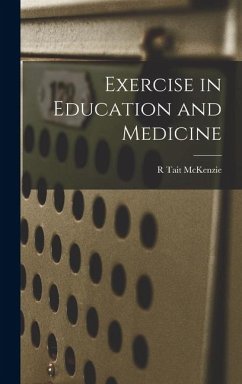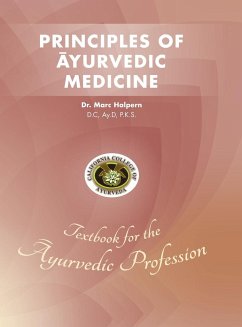
Change and Reform in Medicine and Health Education in China - A Teaching Staffs Perspective
Versandkostenfrei!
Versandfertig in 1-2 Wochen
110,99 €
inkl. MwSt.
Weitere Ausgaben:

PAYBACK Punkte
55 °P sammeln!
In recent decades, medicine and health education has been challenged worldwide by changes in its profession. Being a doctor nowadays encompasses much more than having biomedical knowledge and includes interdisciplinary skills related to societal needs, communication skills, and ethical consideration, among other things. In order to provide these skills and competences, many medical schools are implementing changes in different aspects of the education. These changes are also occurring in China. In the past twenty years, medical education in China has initiated a series of reforms. The current ...
In recent decades, medicine and health education has been challenged worldwide by changes in its profession. Being a doctor nowadays encompasses much more than having biomedical knowledge and includes interdisciplinary skills related to societal needs, communication skills, and ethical consideration, among other things. In order to provide these skills and competences, many medical schools are implementing changes in different aspects of the education. These changes are also occurring in China. In the past twenty years, medical education in China has initiated a series of reforms. The current reforms have mainly been led by the Ministry of Education and Ministry of Health. These initial actions have evidenced both positive and negative attitudes and reactions. Is there a need to make further reforms and changes? If so, in what aspects? This book documents a national investigation of attitudes from teaching staff on the reforms and changes. Nearly 1800 teaching staff from 23 medical universities participated in this investigation. The results suggest that sustainable educational change demands not only supports from policy-makers and leaderships, but also active participation from teaching staff. In order for the implementation of reforms and changes to be successful, two factors are essential from the teaching staff's perspective. First, it is important for teaching staff to gain a deep understanding of educational reform and change, and second, they should develop appropriate skills to be able to conduct the reforms through their teaching practice. To provide these two factors, institutional facilitation is necessary and crucial.














